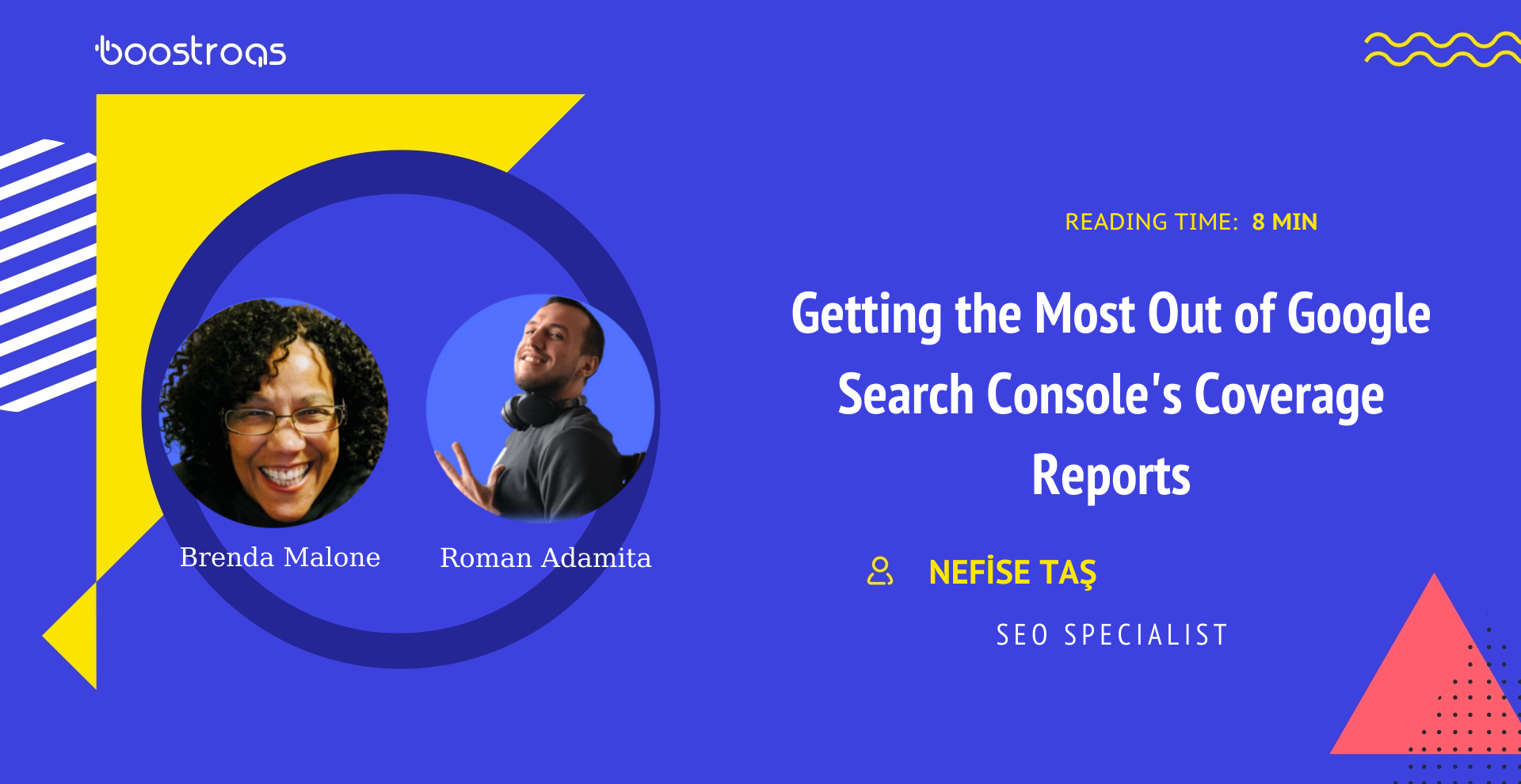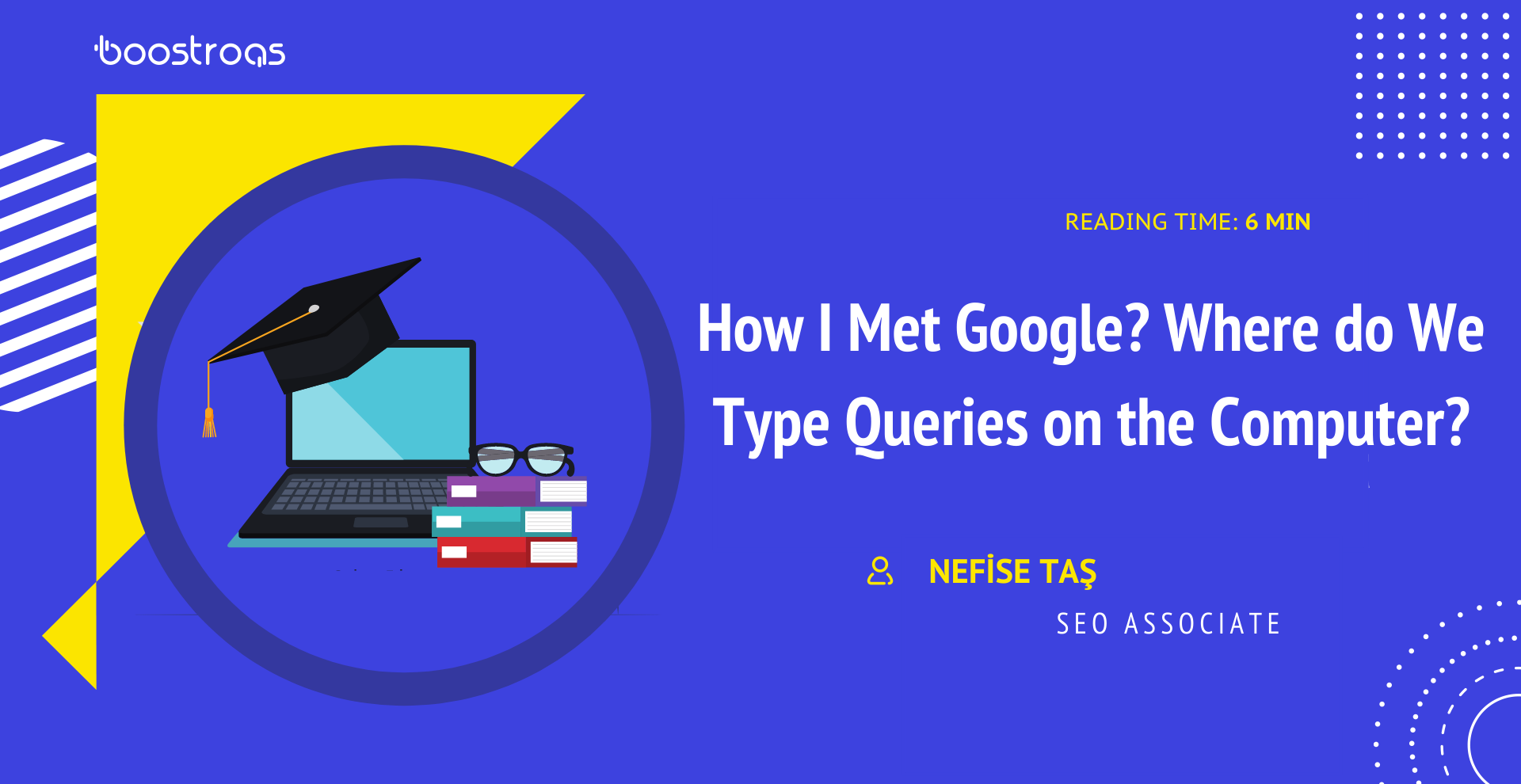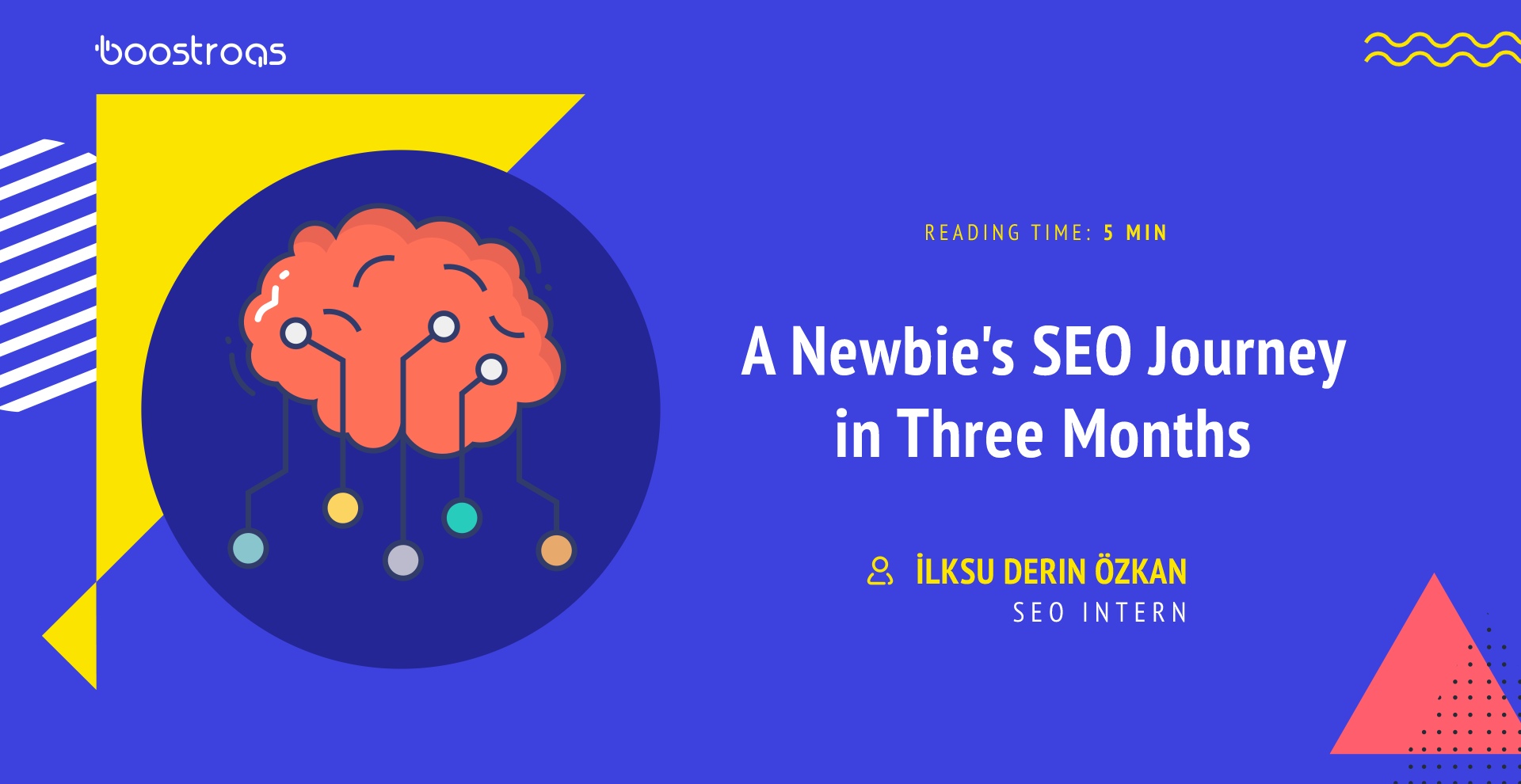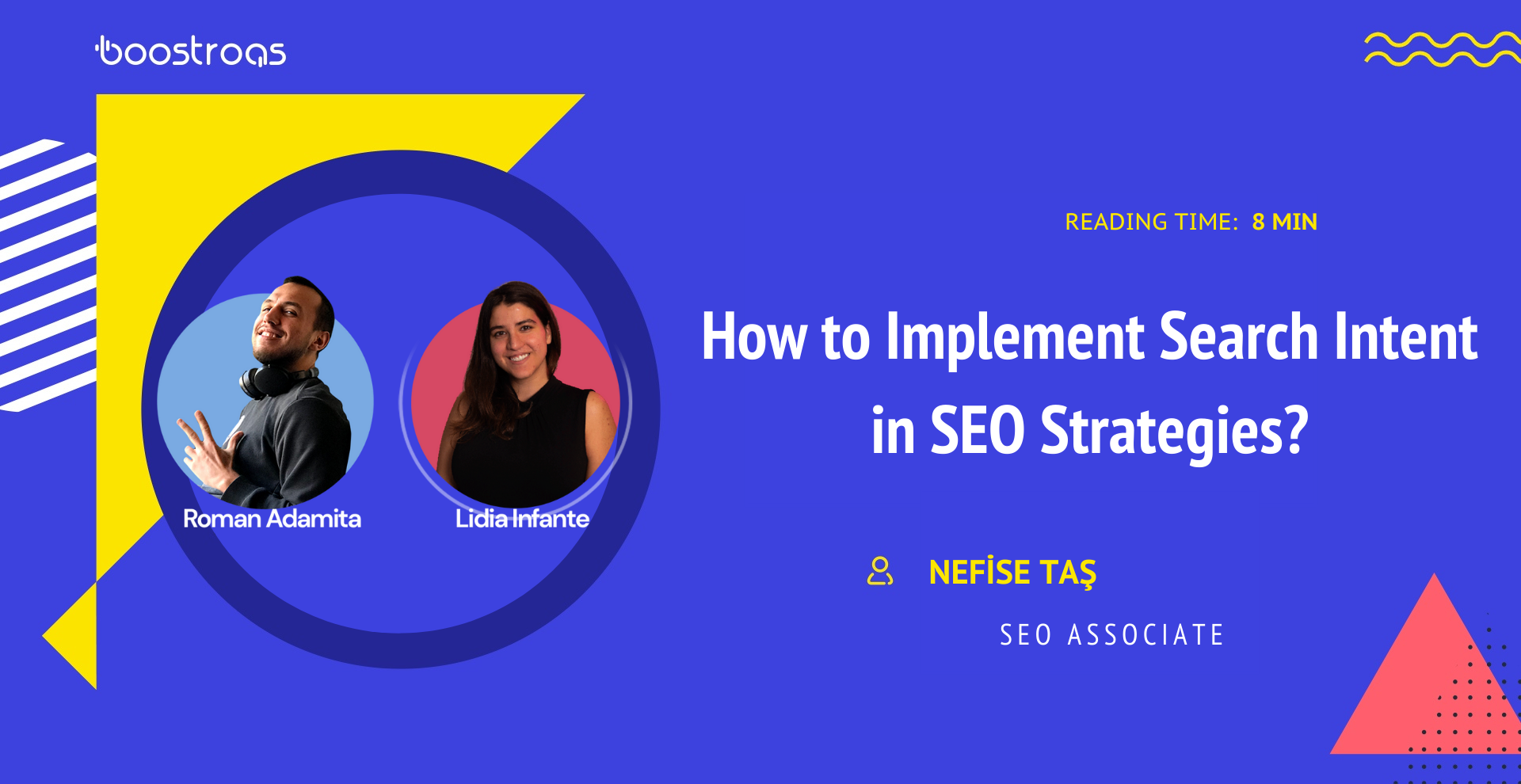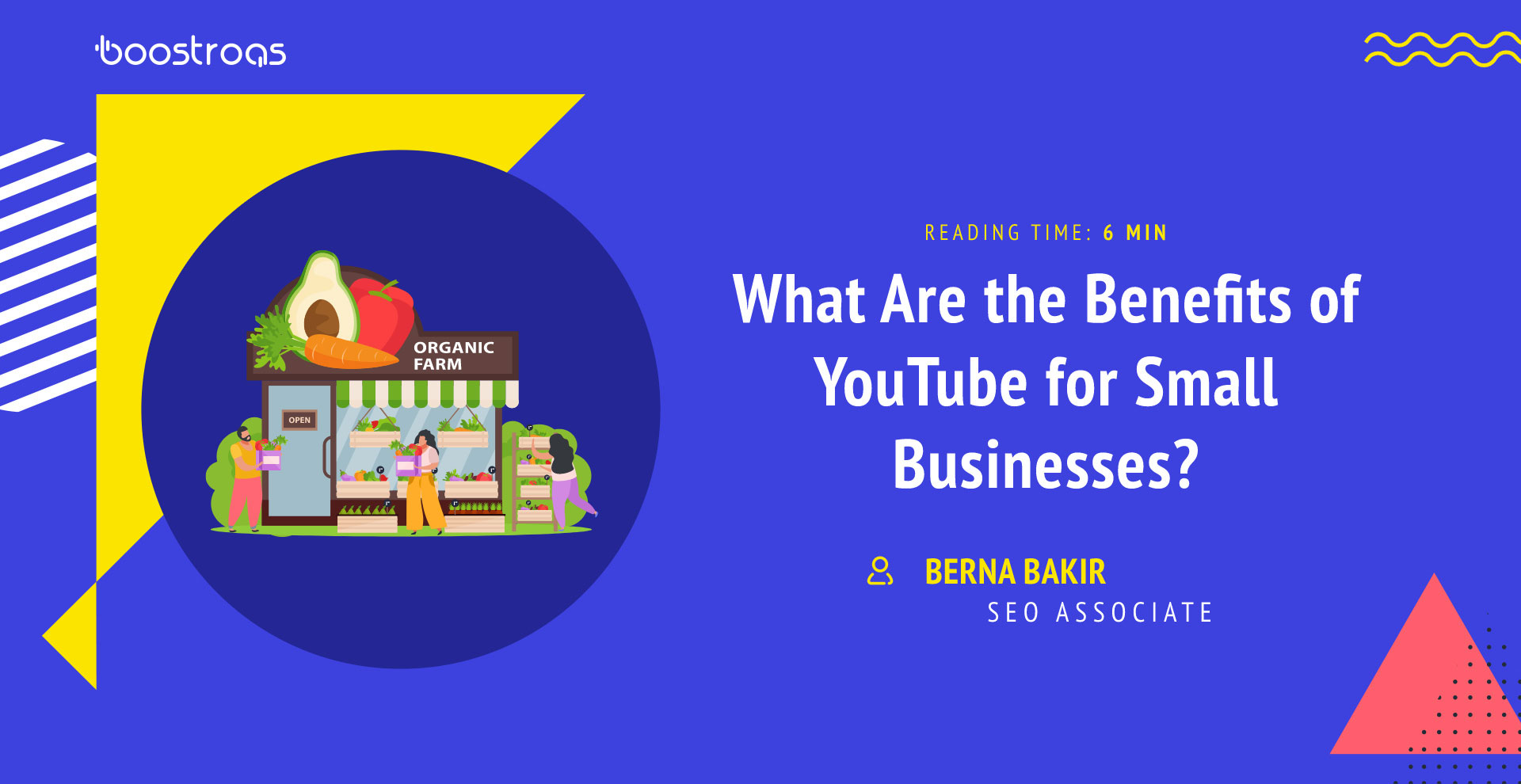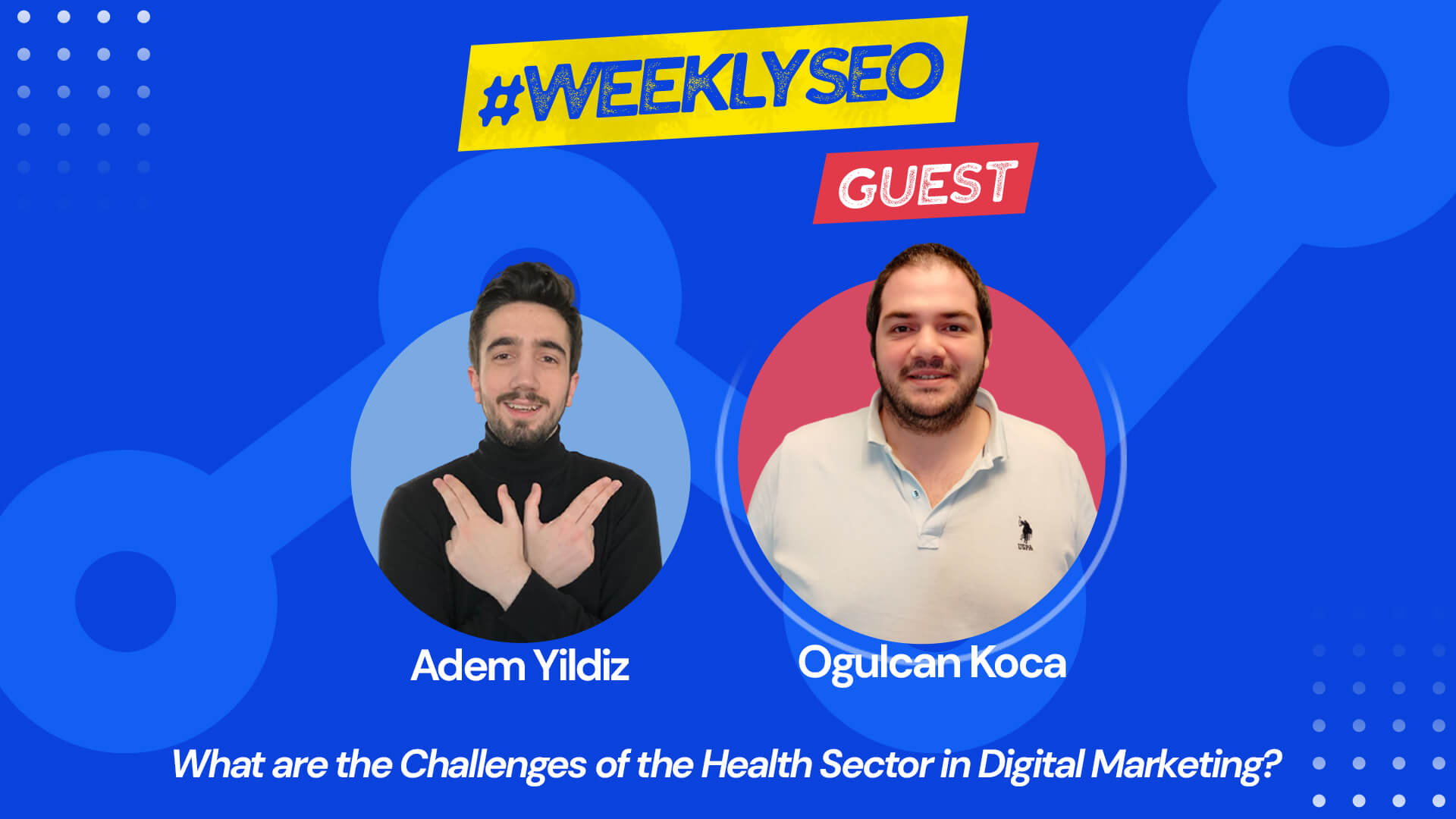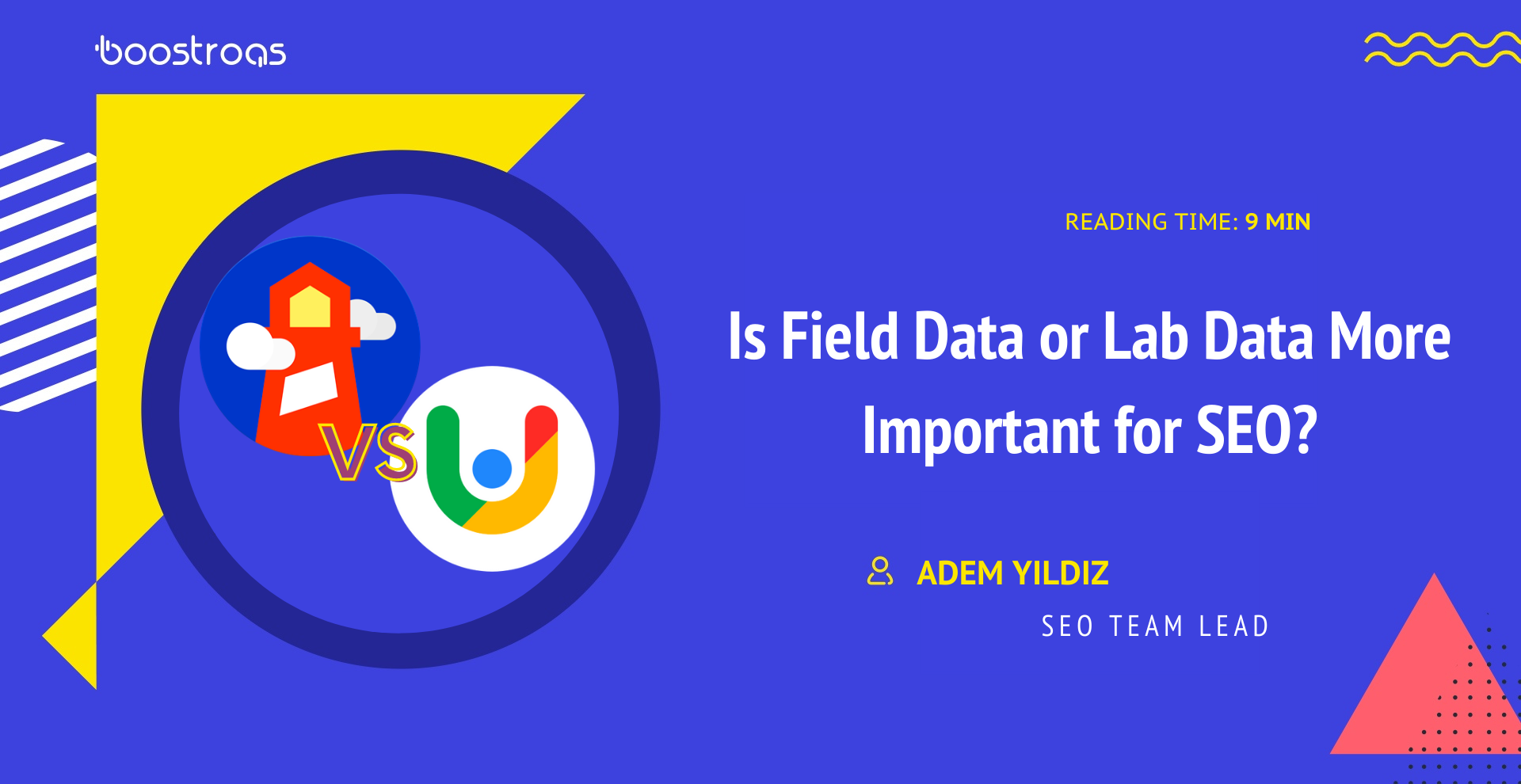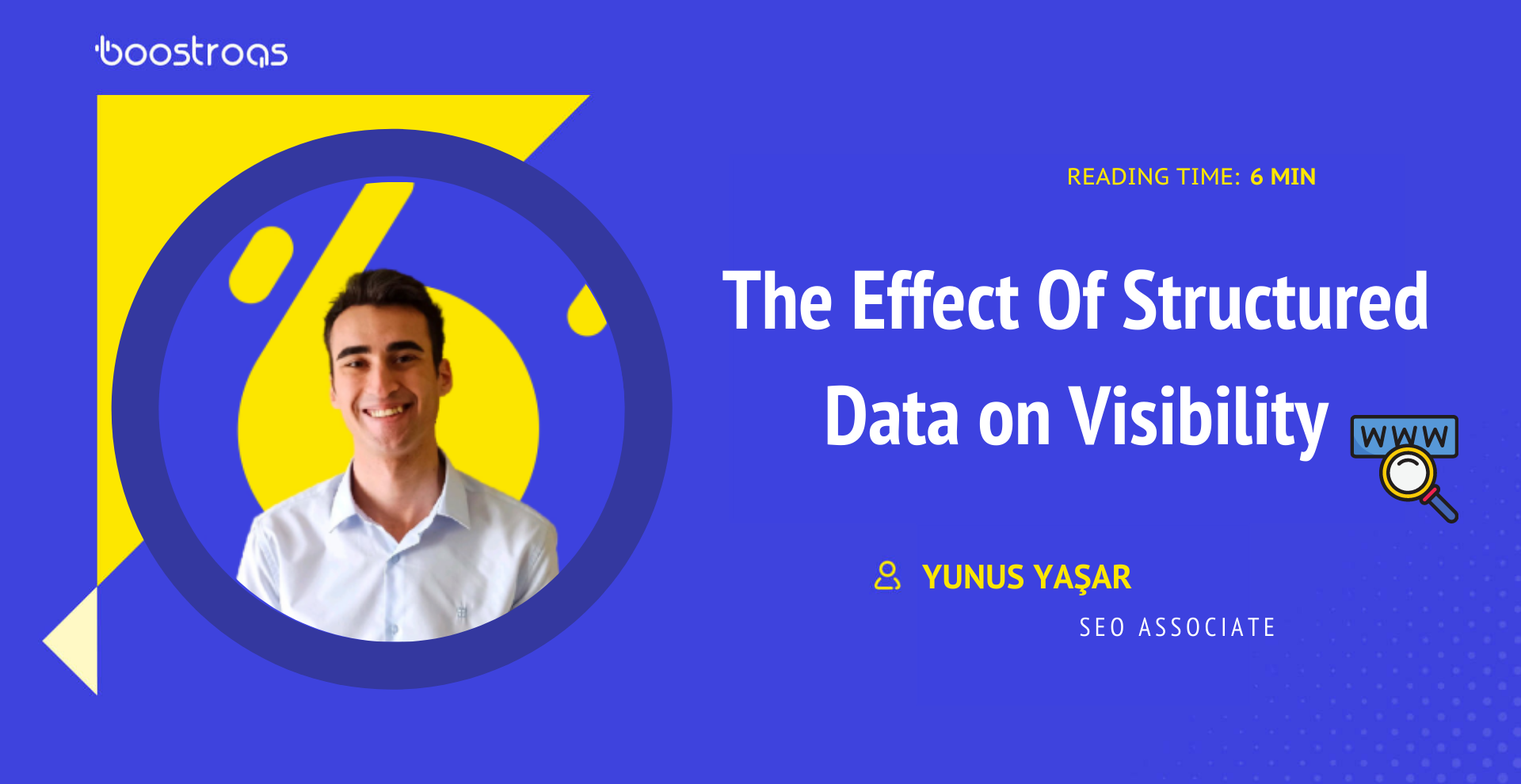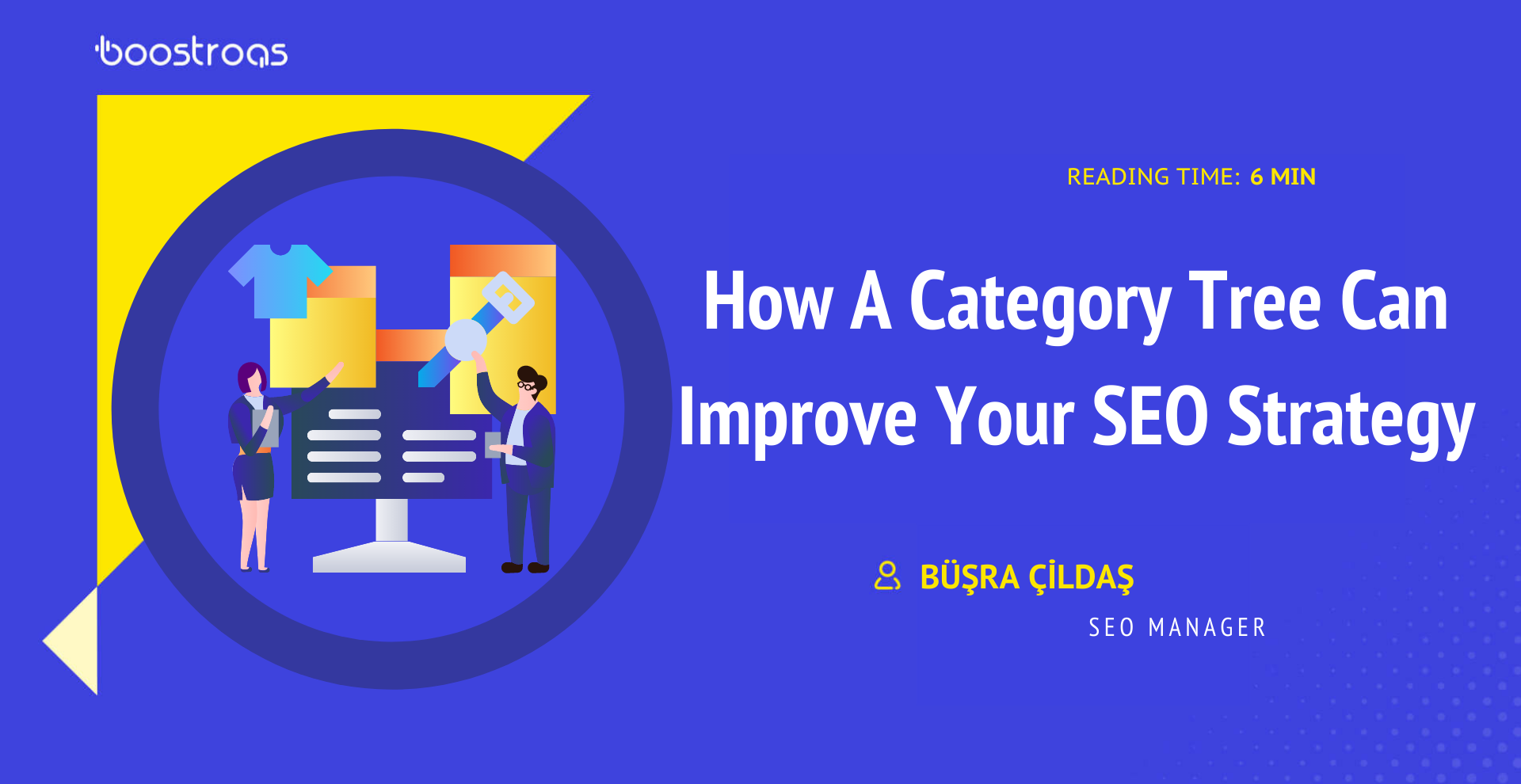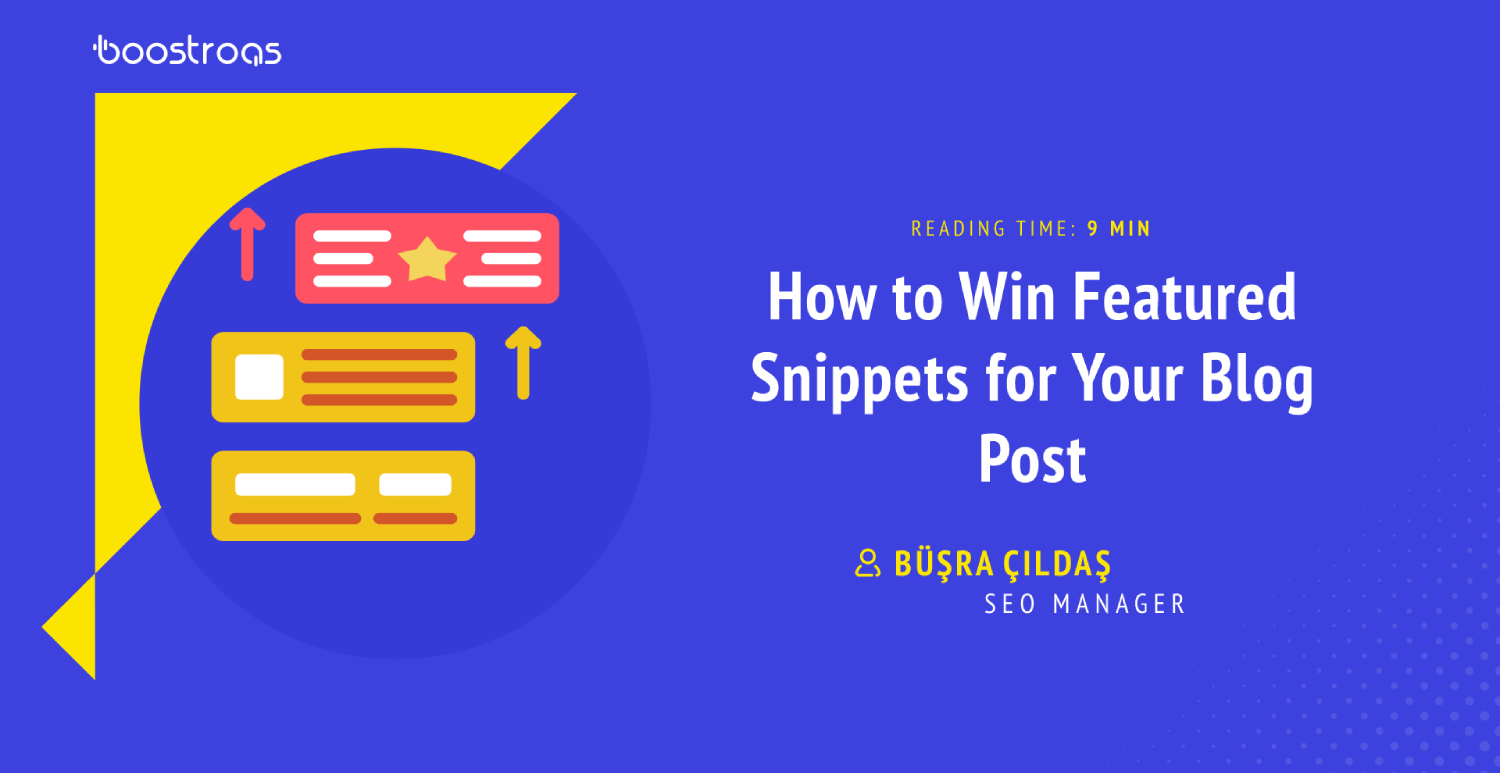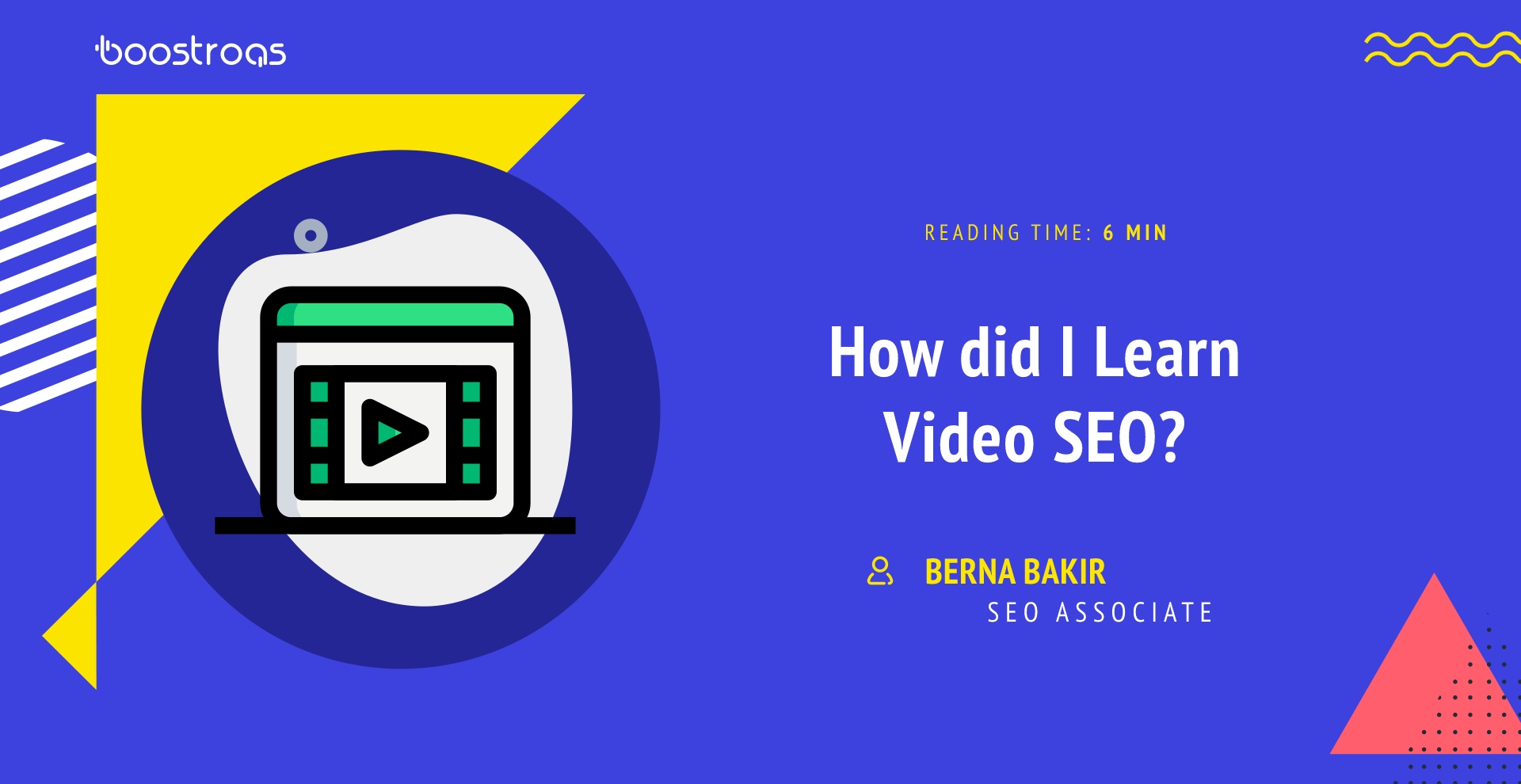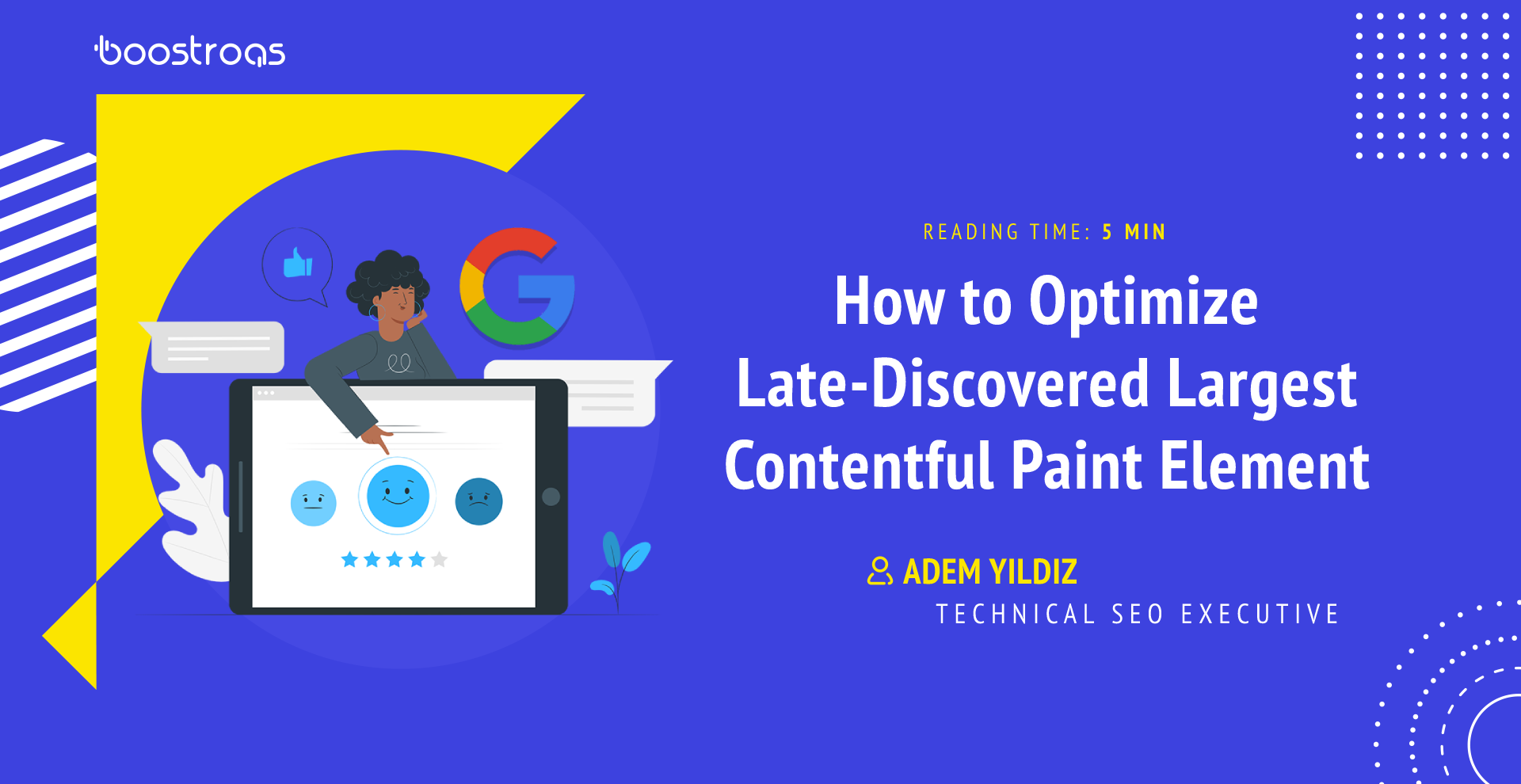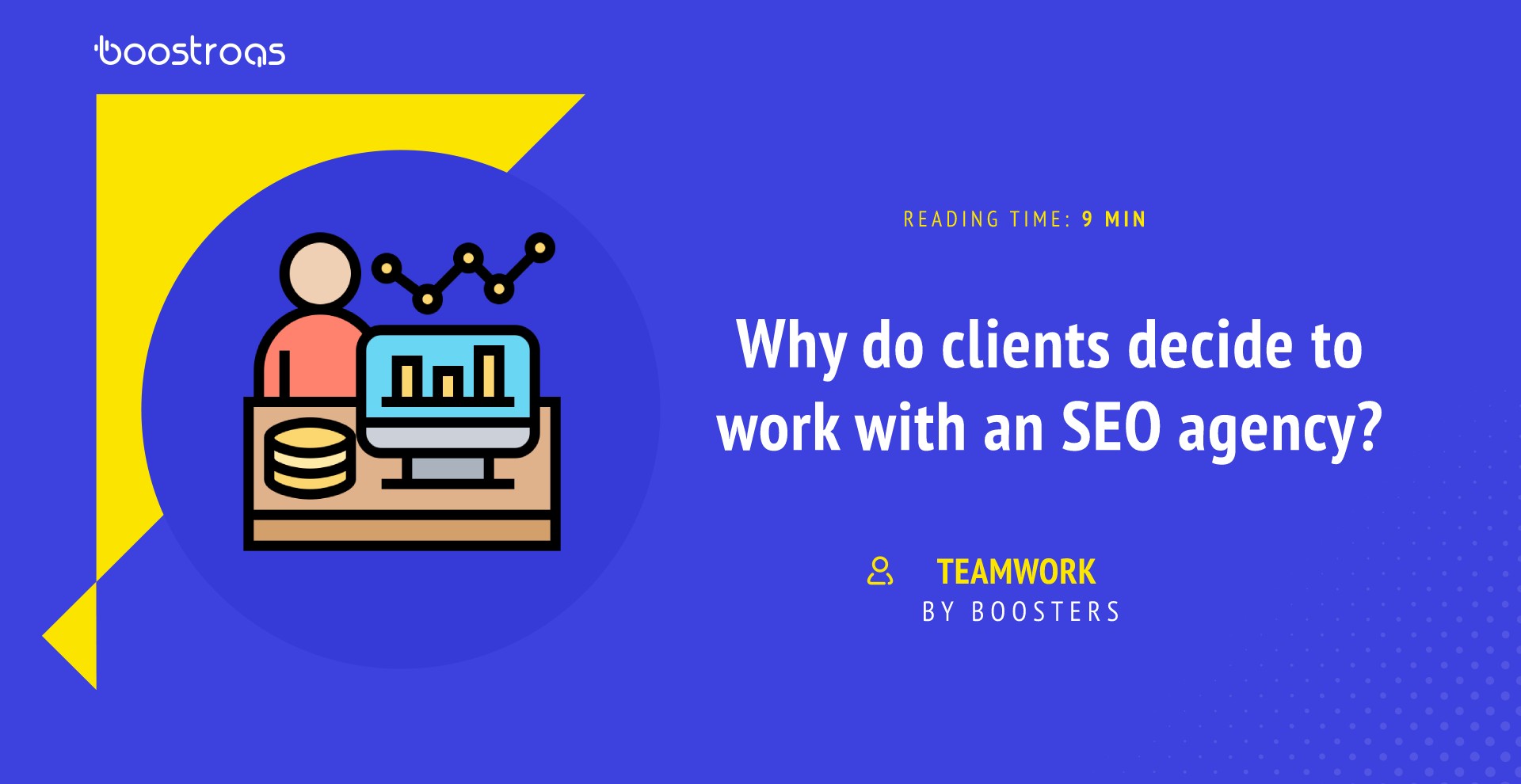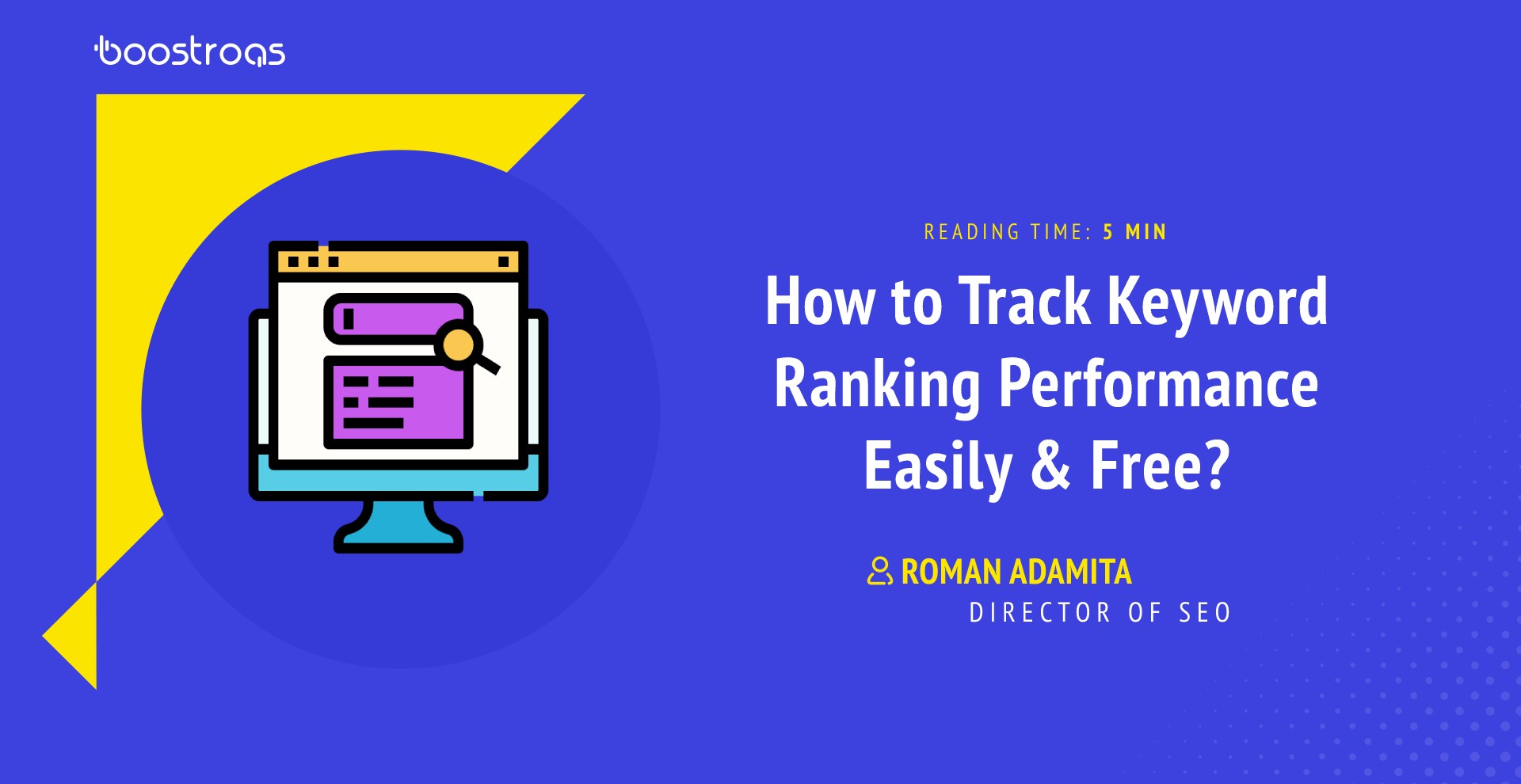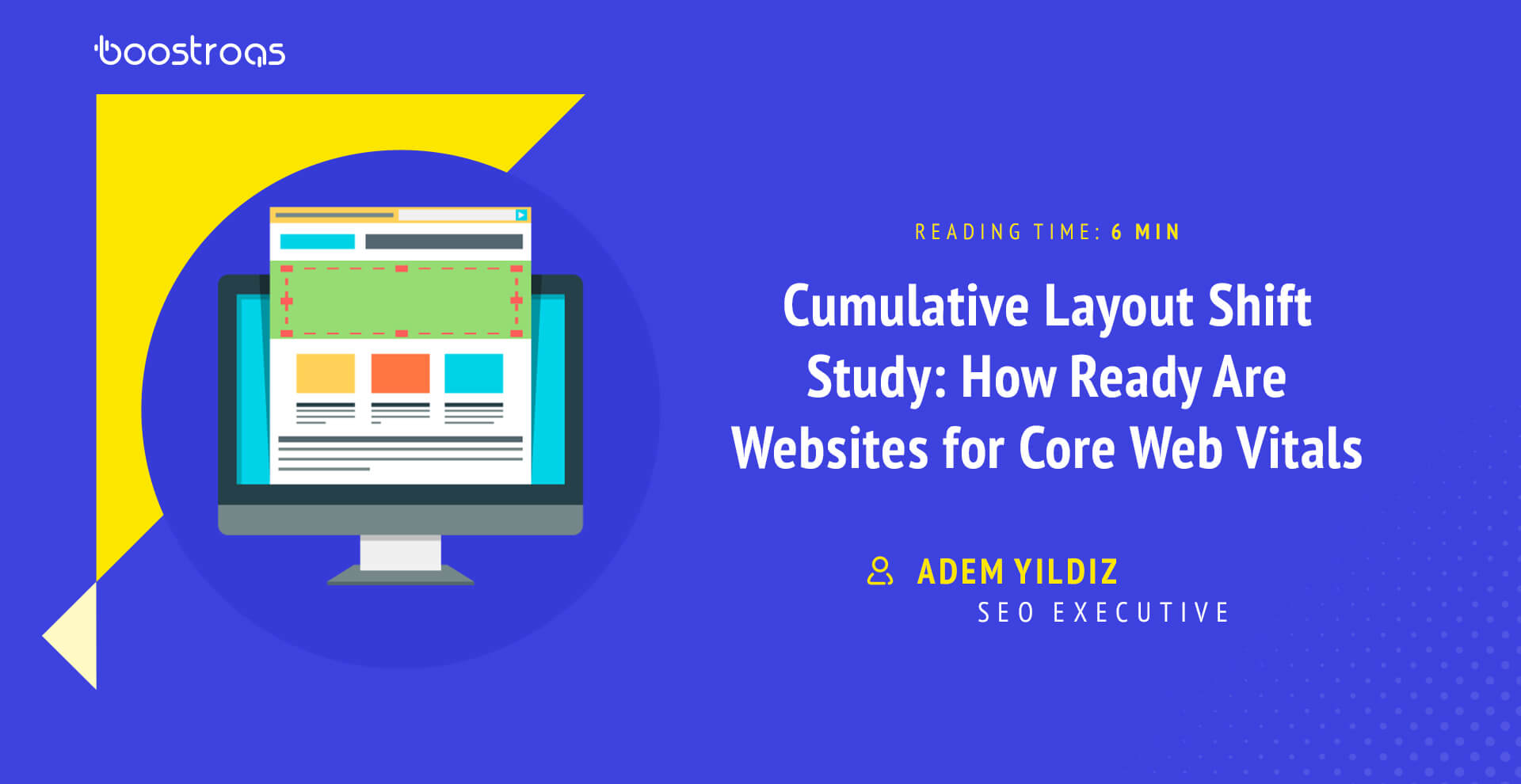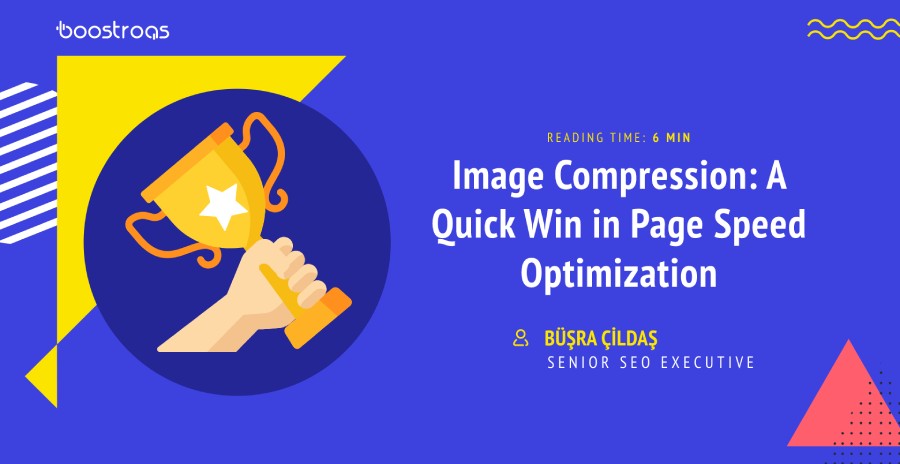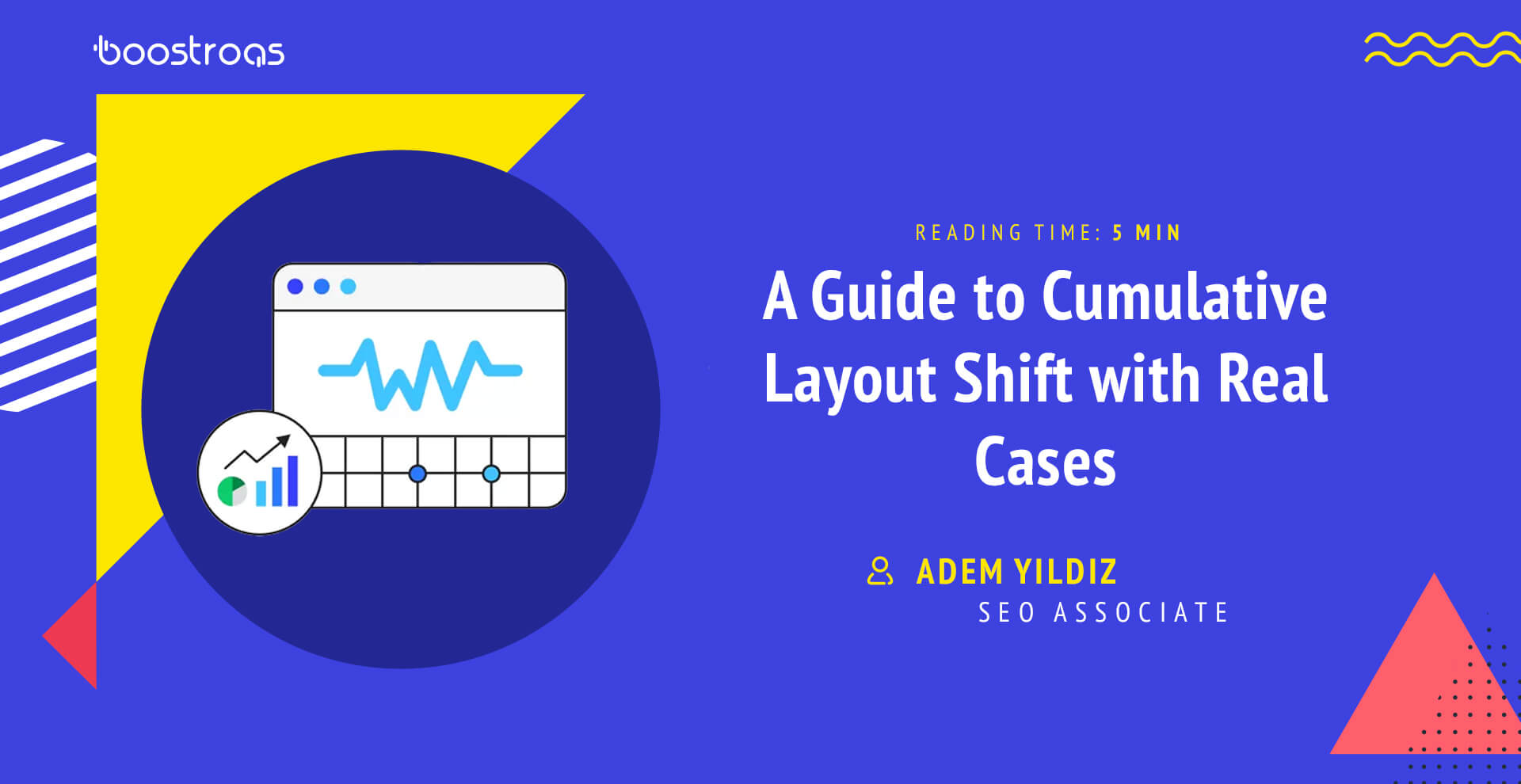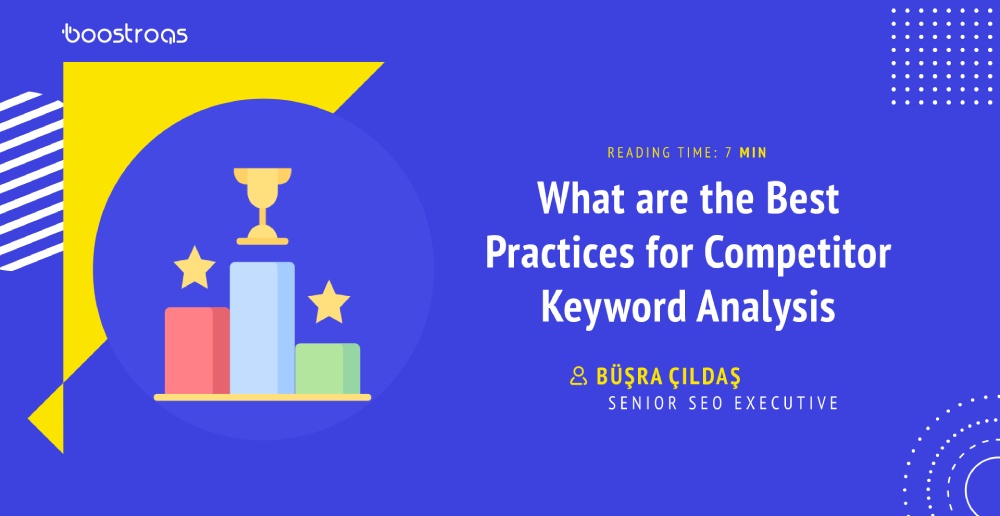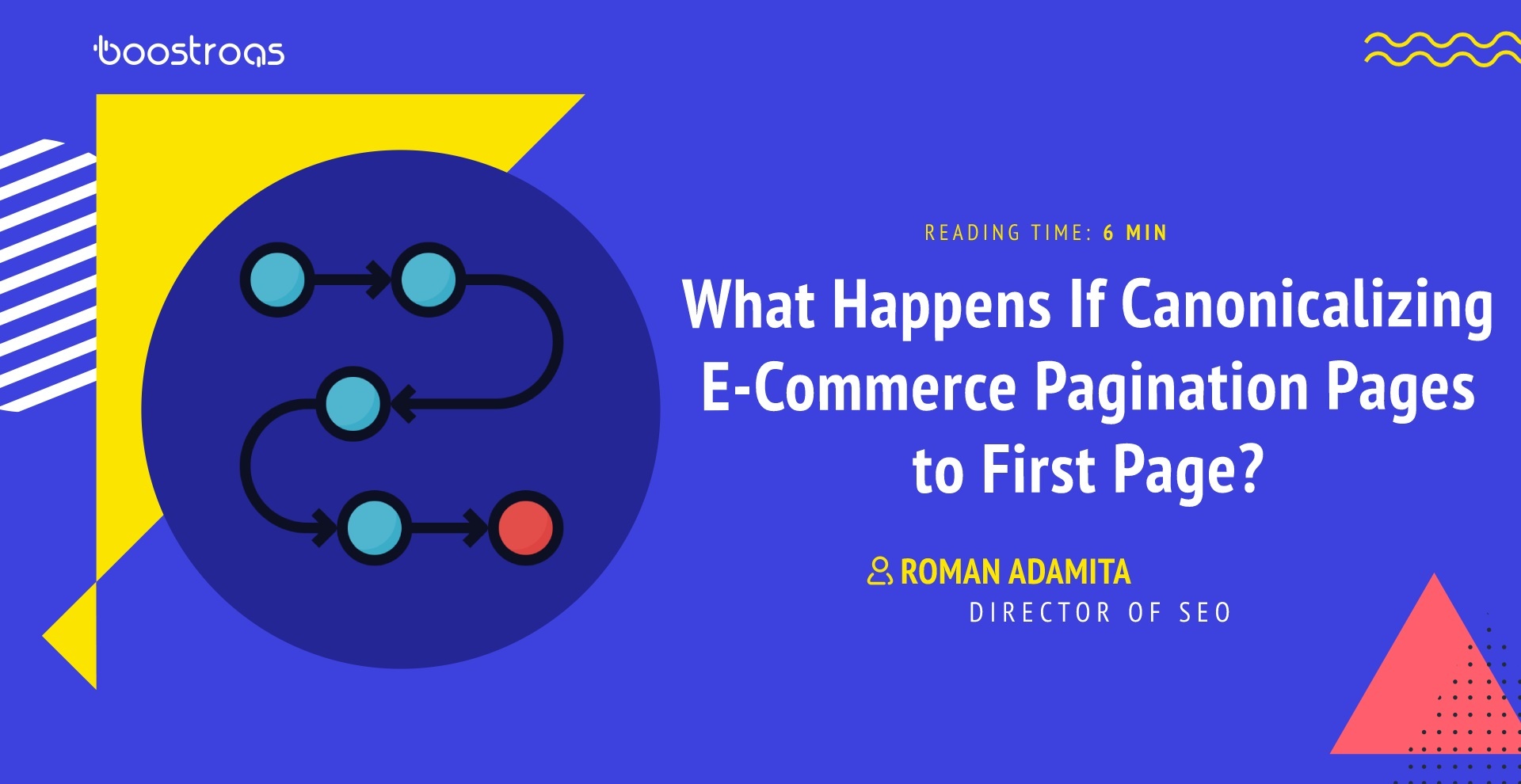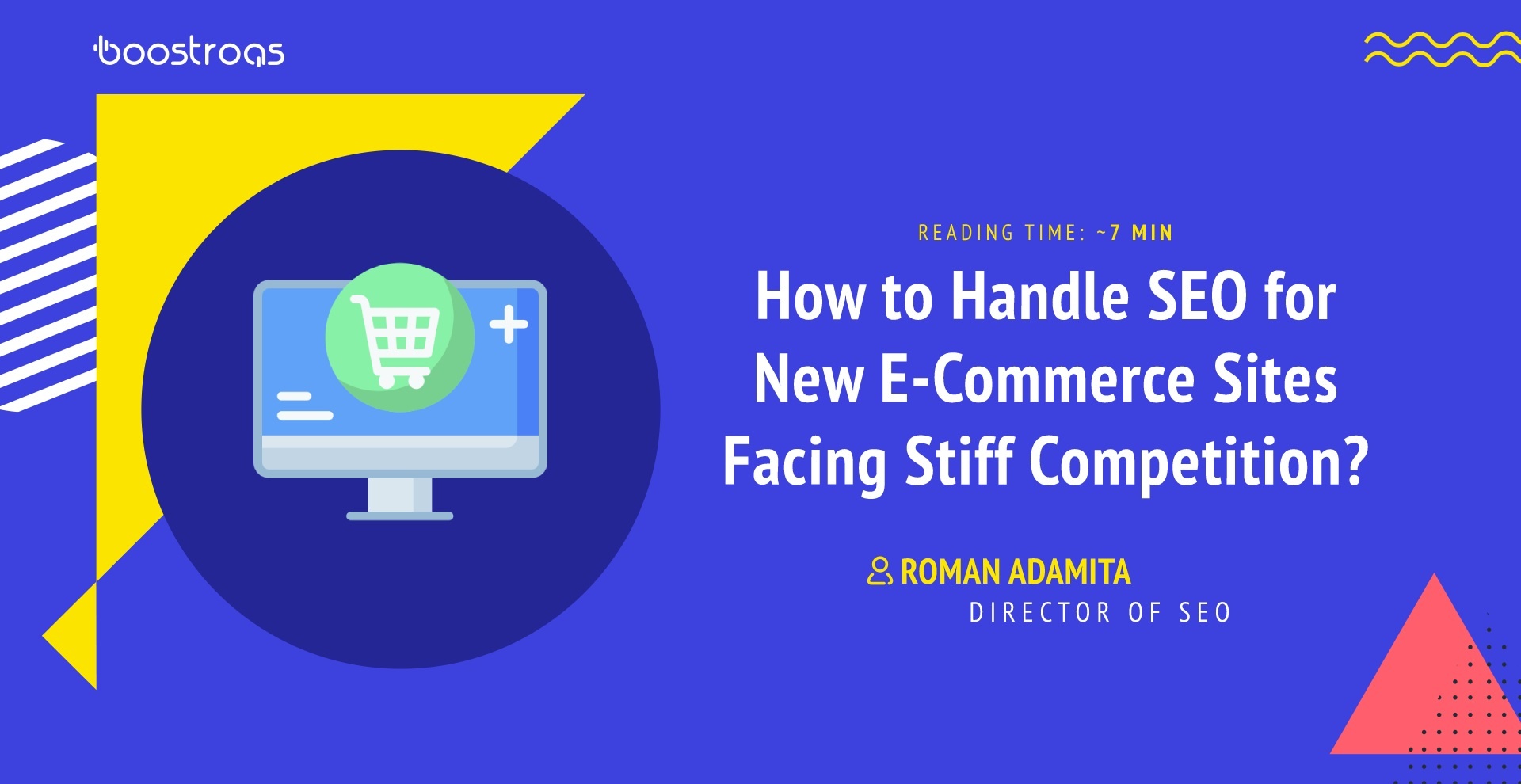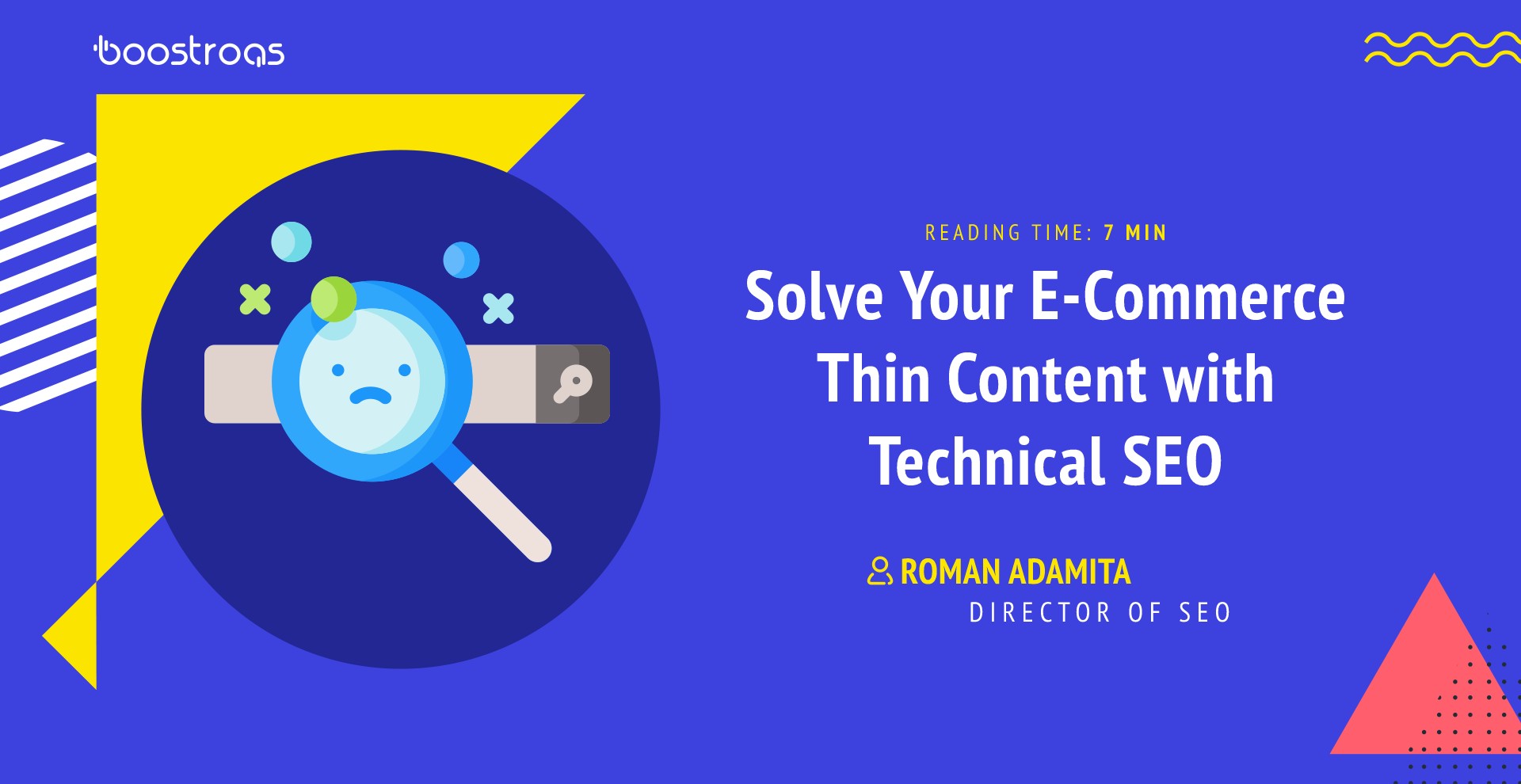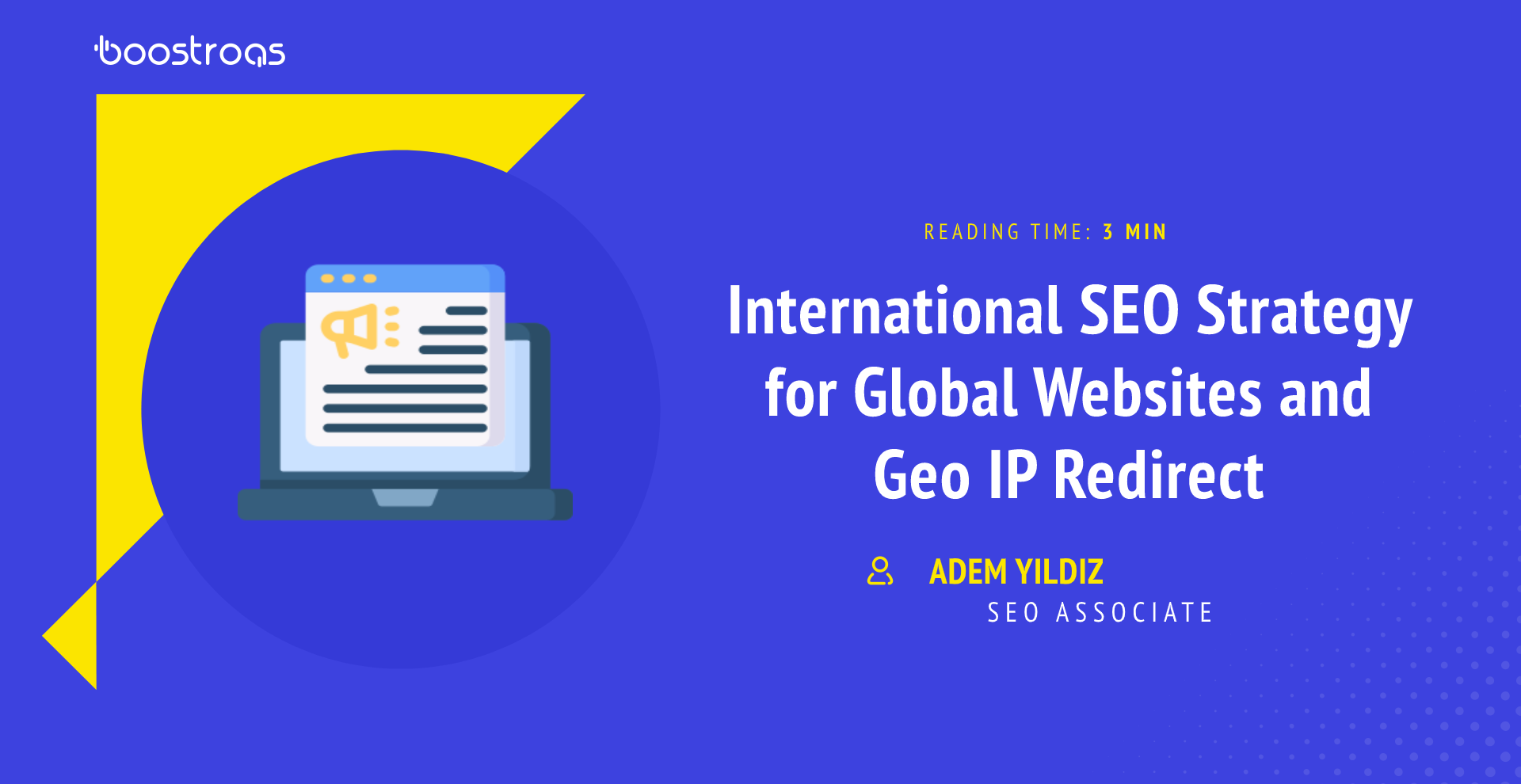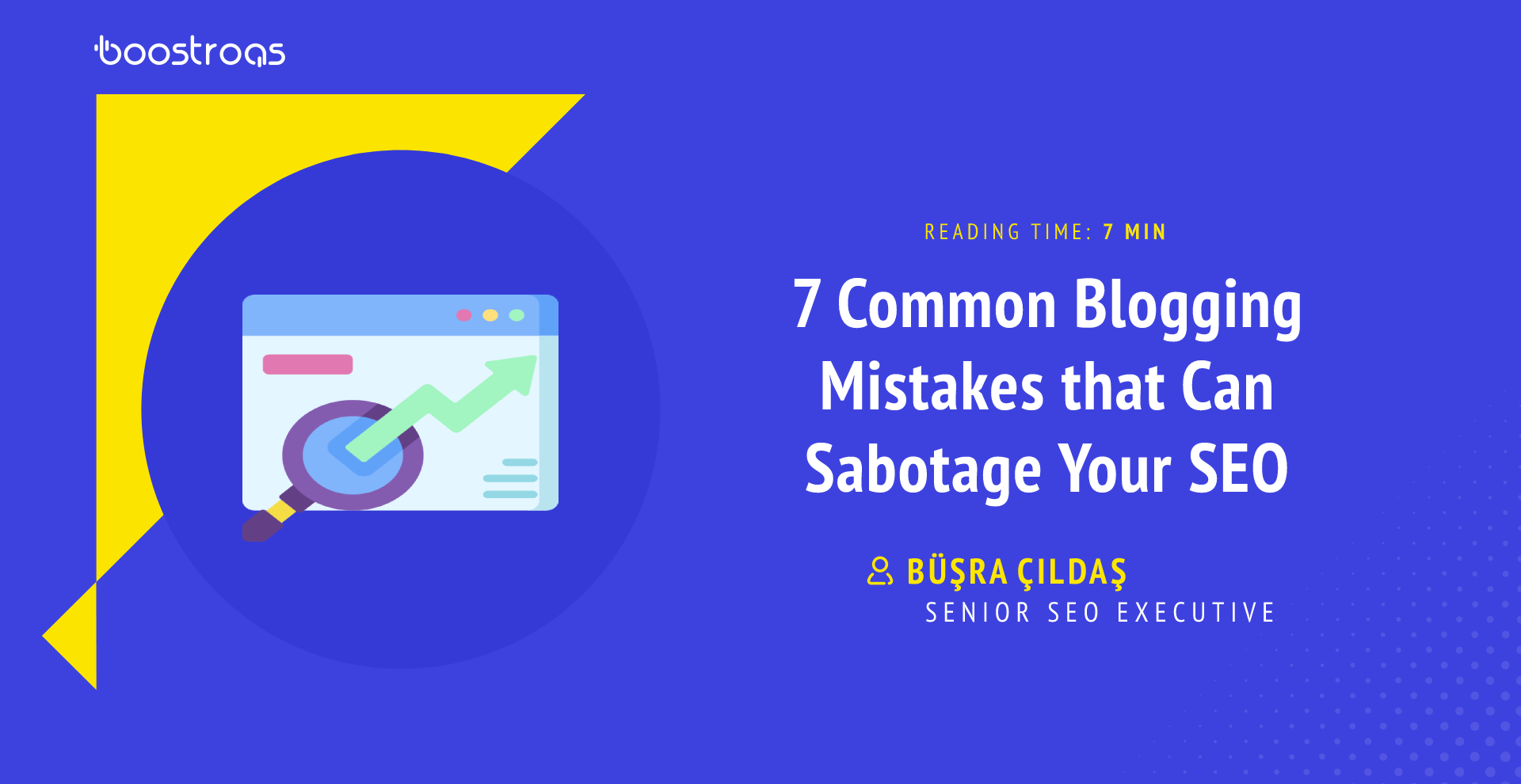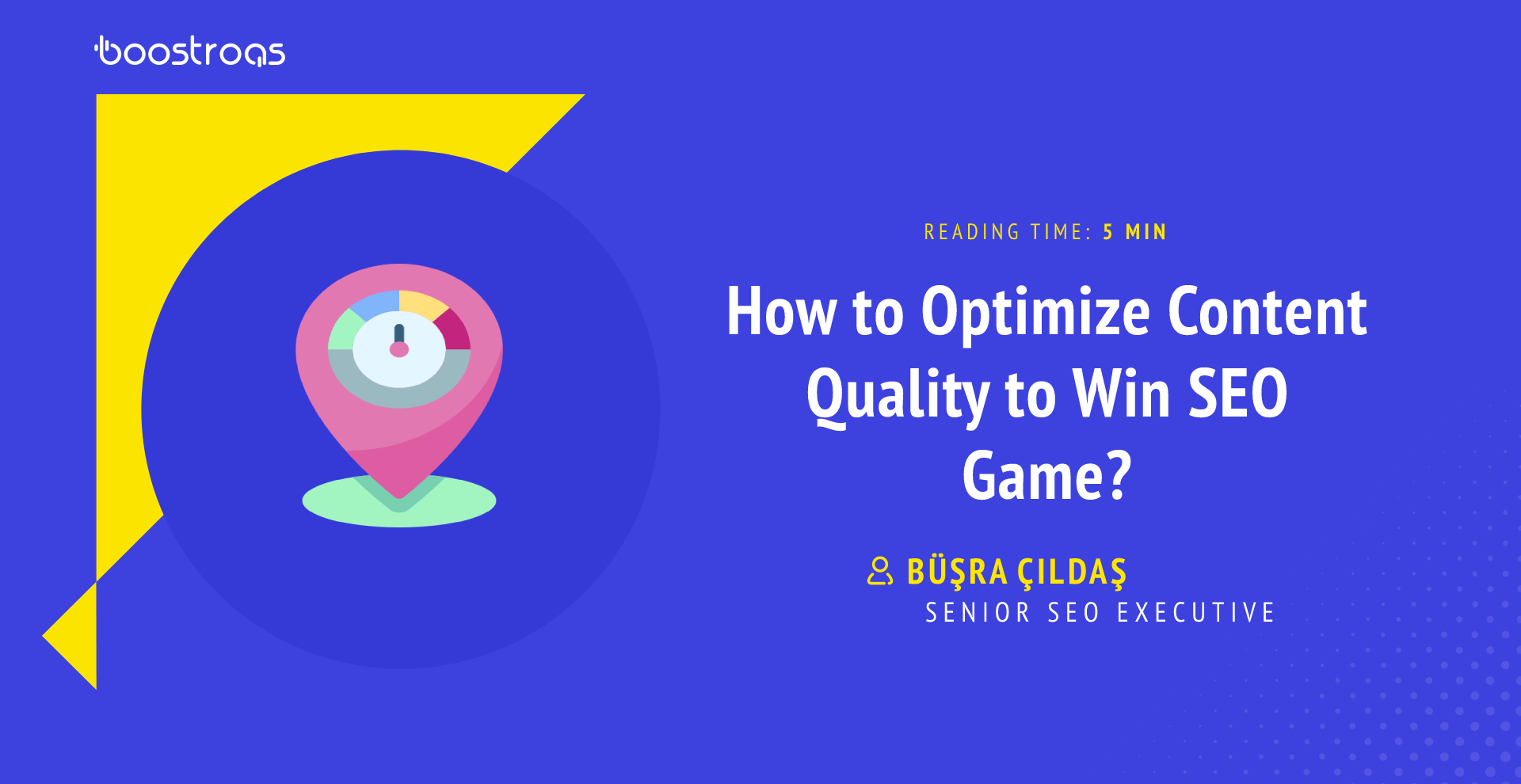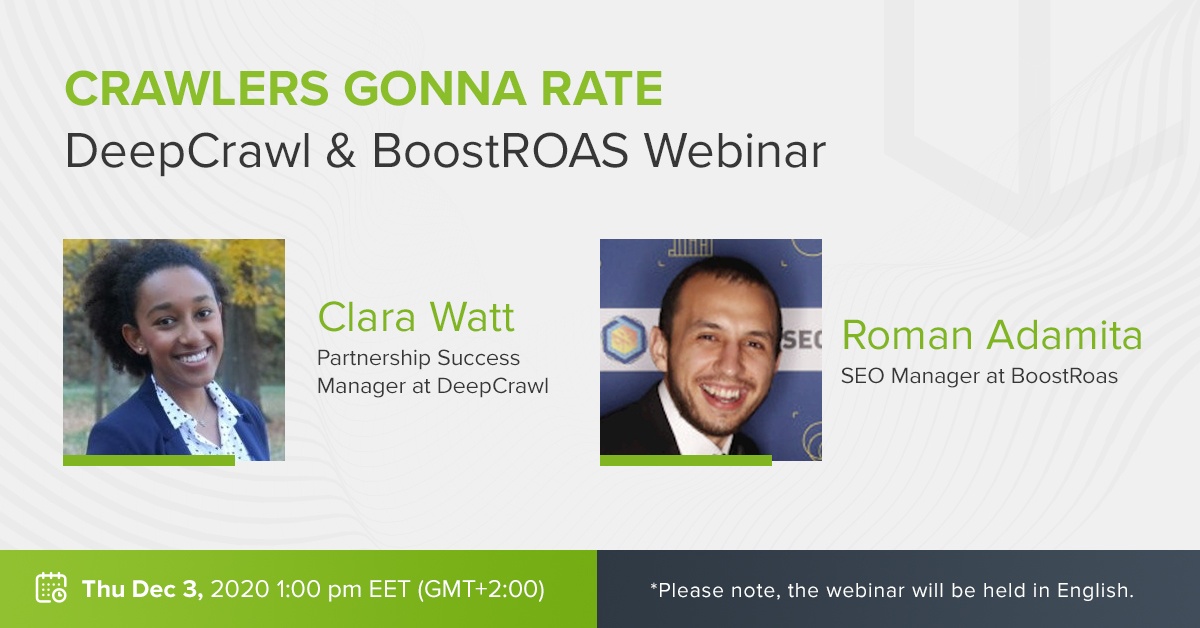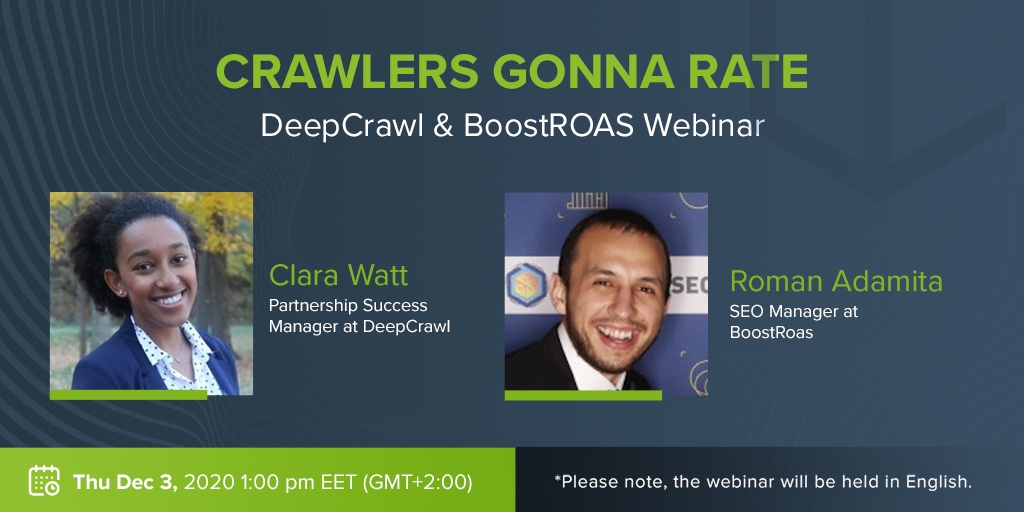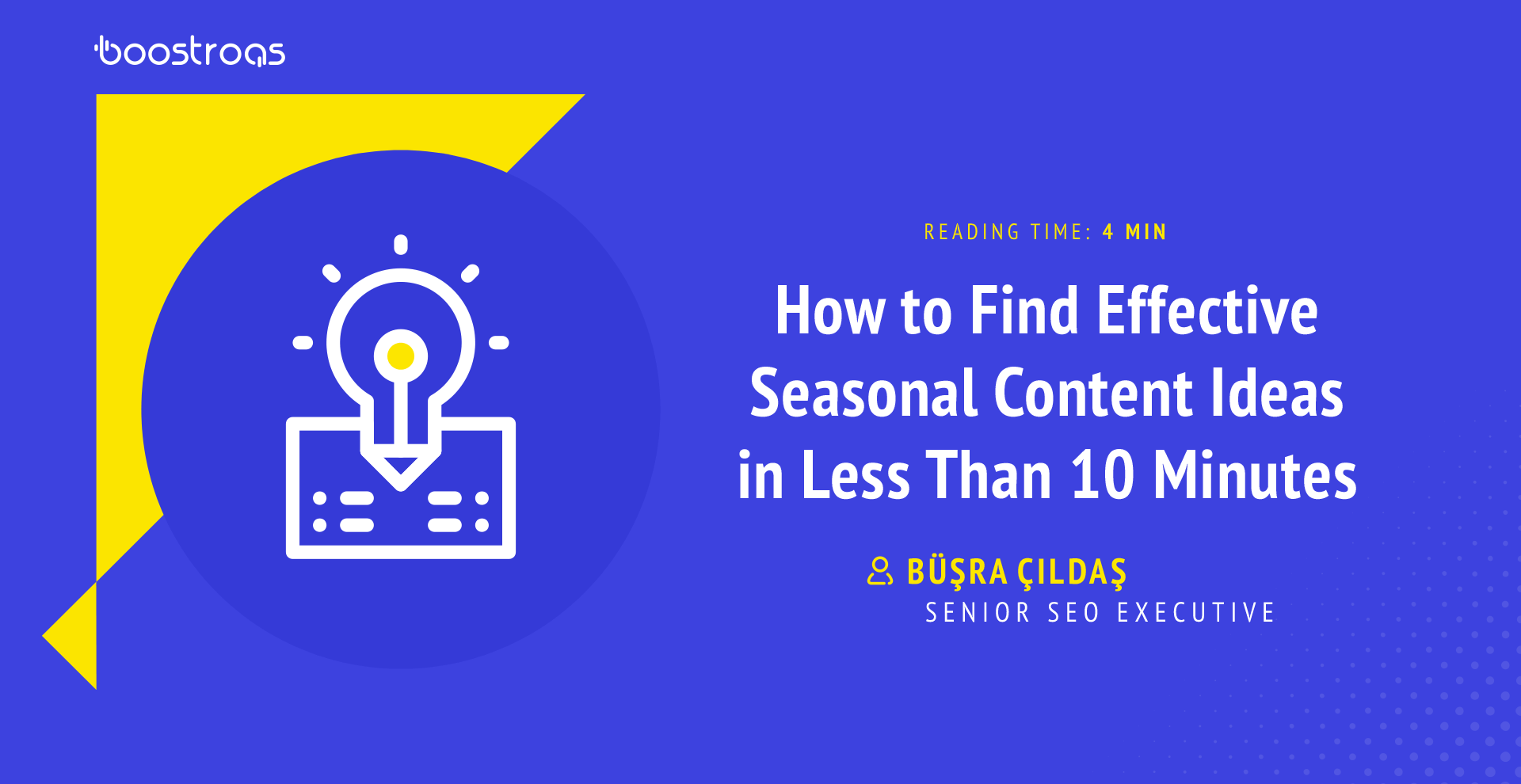Follow us :
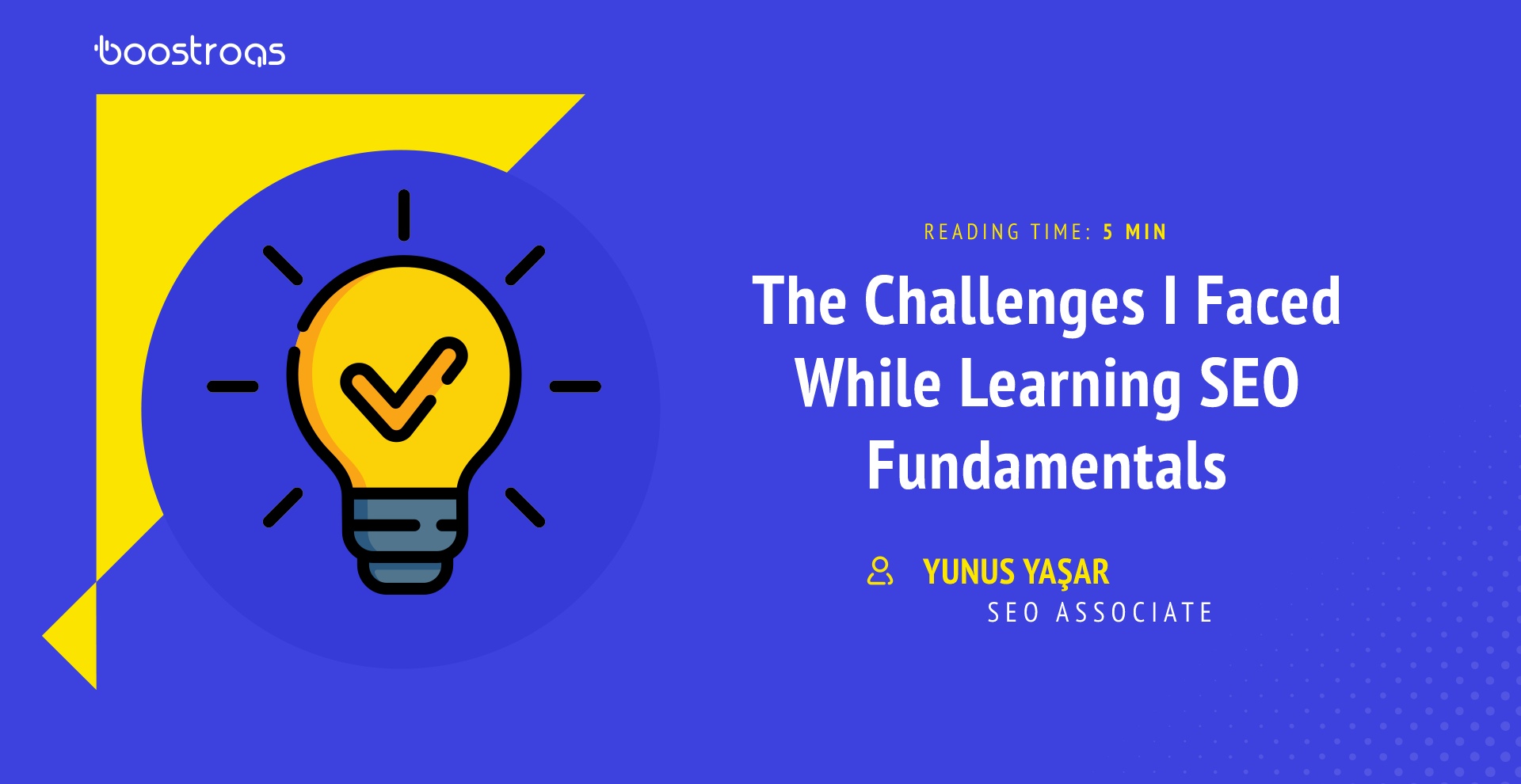
Yunus Yaşar here! I’ll start a little with about my past. When Yahoo was created, I was not even on earth and was a tiny child when Google was first launched. So, I didn’t witness the first steps of the most popular search engines, and apparently, it wasn’t my childhood dream to be an SEO. I was using search engines, but I first approached them professionally when I started copywriting during my university studies.
After five years of copywriting, I also worked on content management and a little bit on on-site SEO for a year. I kept reading about SEO and tried to improve myself back then, but I still knew so little.
Later, I had an idle 6-month period which has gone by serving in the army. And, it is actually how everything started.
How did it begin?
As you can guess, being in the army limits access to lots of things and leads you to a kind of introversion. Long story short, I had plenty of time to think about my future career and the best way to move on in my career path. And, I came up with a video CV idea. It quickly reached several thousand people, and one of them was our SEO director Roman Adamita who supported me a lot during the process.
During our interviews, he knew that I wasn’t so experienced in SEO. Yet, he believed in the passion I have for learning. He believed that my dynamism and background in content management would help me take the steps as fast and as solid as possible.
So, I’ve been given a chance to be a part of such a great team. And I started by getting included in a program that we call digital marketing training (or DMT in short), letting me keep up with my lack of knowledge on SEO fundamentals.
About Digital Marketing Training (DMT) Process
I think it would be correct to say that DMT was a sort of apprenticeship for me. According to this poll, I know most SEO professionals learned it by themselves, struggling so many times, but I was lucky enough to be in the 9.8% among SEOs who had a mentor on their journeys.
I’ve been given a great chance thanks to my soft skills, but sure; soft skills get you nowhere without the support of the hard ones. I also needed to improve them, show my teammates how far I went, and convince them I was qualified to work with the clients.
That’s why I started from the very basics and made a presentation covering what I learned that week at the end of each week for an 8-week period. Thankfully, all the resources I should follow were already organized on a playbook which made everything easier. I wasn’t alone with many topics with hundreds of pages about them on Google, the best ones were already provided for my learning, and they also led me to discover other great resources.
What did I learn During the DMT?
I started from the very basics with a topic like “How does Google work?”. Then, I kept going with topics related to indexability, such as robots.txt, sitemaps, and canonicalization. I did it this way because, without indexation, all the efforts would be meaningless. I needed to learn how to get our valuable pages indexed faster and how to block crawlers from indexing our pages with low value or pages we don’t want to be indexed.
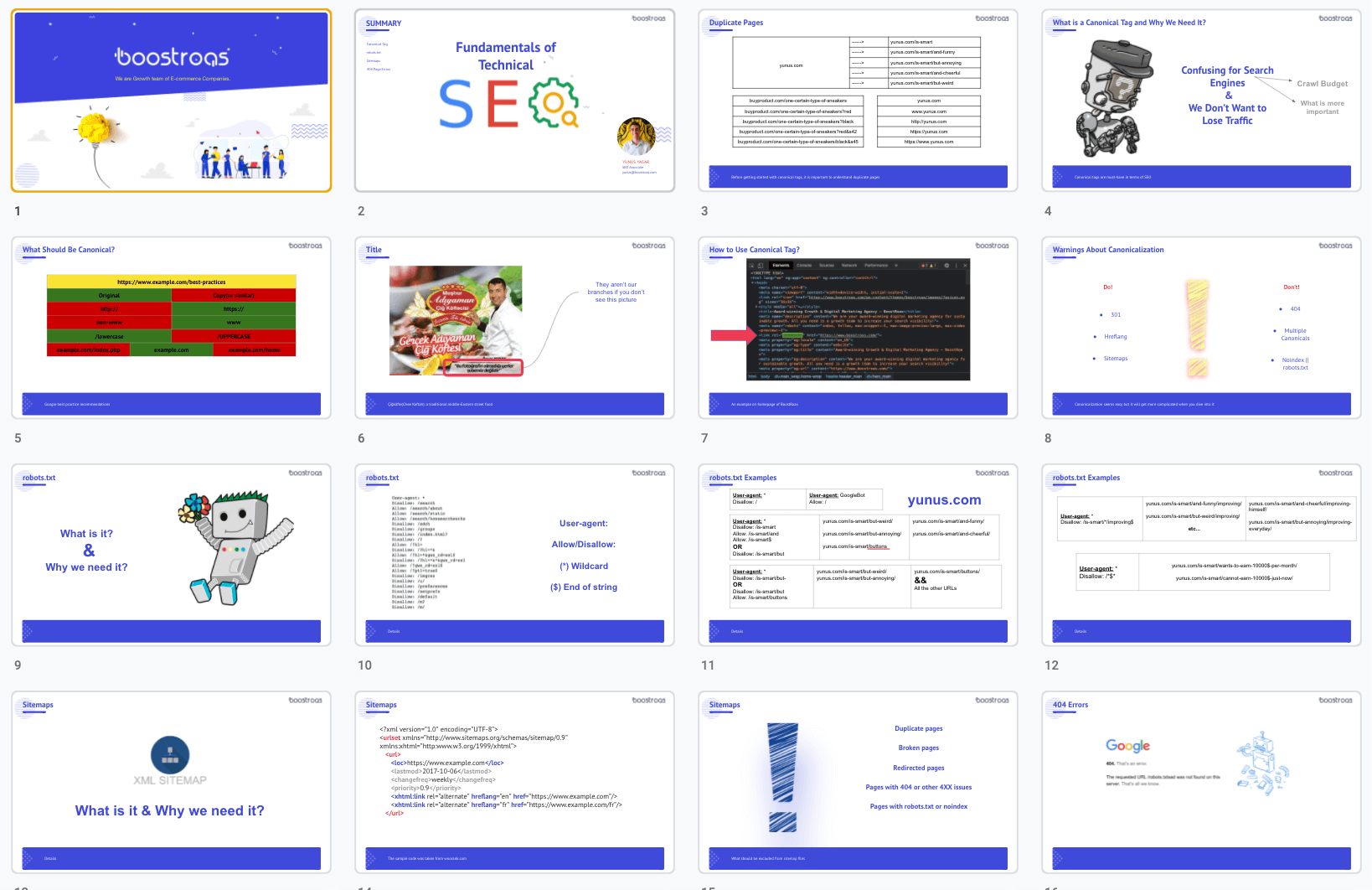
Then, I went further with topics related to content and how it affects SEO. Sure, I knew how to optimize heading tags, meta titles, and descriptions due to my previous experiences. However, I never thought that leaving meta description space empty might be an option, explained in this article. I also read lots of articles to understand more about creating good content strategies, how to optimize your content (including images). It’s really not so possible to sum it up in just a few sentences. But you can read this to start understanding how to optimize content quality to win the SEO game.
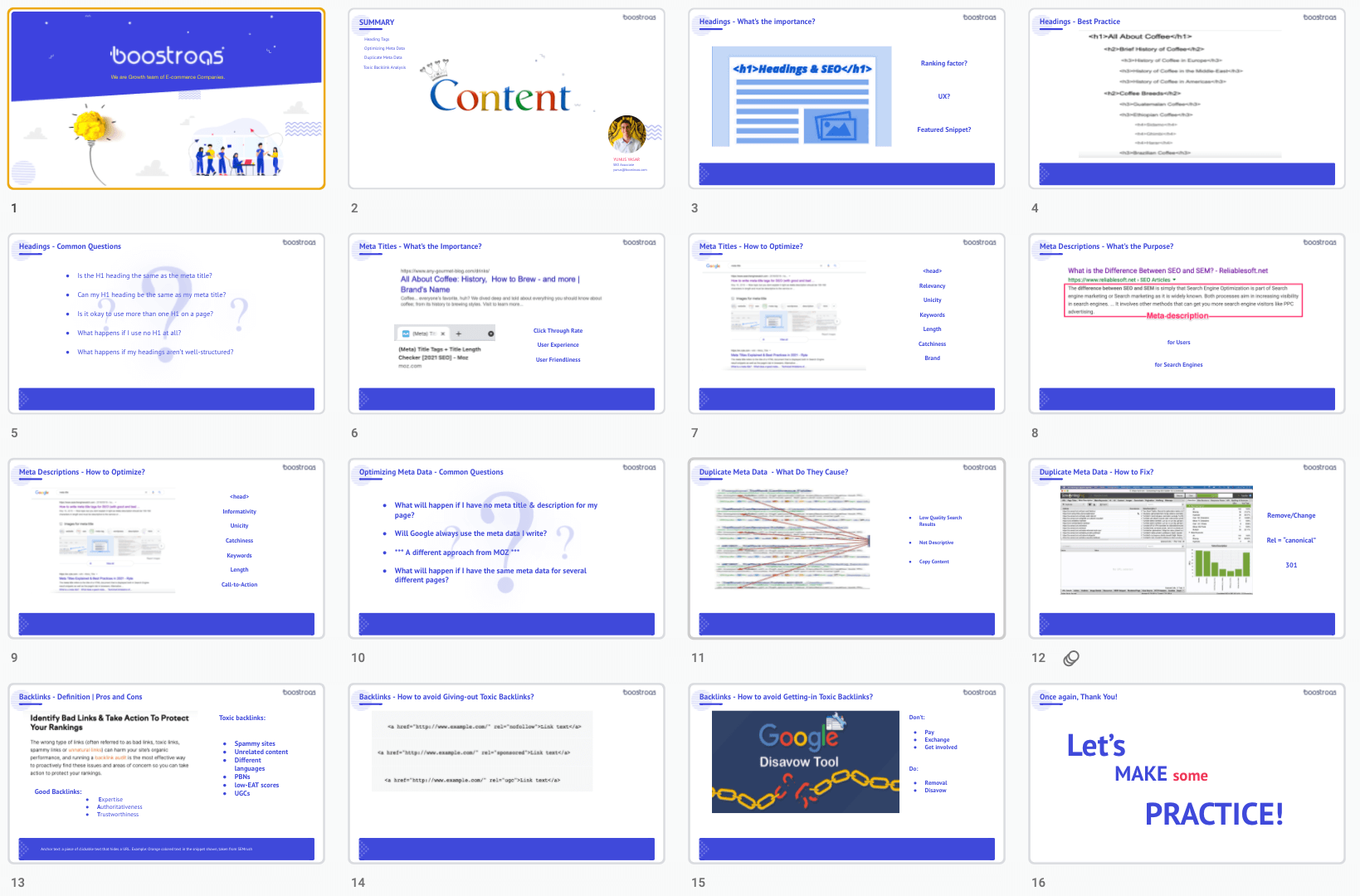
Of course, it wasn’t all that I learned related to the technical aspects of SEO. There were also subjects like paginated pages, which can waste your crawl budget when done wrong. You can learn more about SEO-friendly pagination with this article, or you can find a controversial one here. I also learned a lot about page speed which was really a pain in the neck sometimes. And, my last presentation about international SEO best practices also made me realized that you could end up with a huge mess caused by improper usage of hreflang tags. It honestly seemed really easy at first glance, but I quickly found out that it actually isn’t. Speaking of international SEO, it would be a shame not to suggest following Aleyda Solis for the best practices and the latest news about the SEO industry.
My Struggles During the DMT Process
Of course, it wasn’t so easy all the time, even with all the advantages I had. I mean, not anyone promised me a rose garden (unrelated to the topic but a great book which is also controversial in some aspects).
Because of the eagerness I had for practicing what I learned theoretically, I started working on relatively simple tasks -even though no one asked me to do so- under supervision after the first few weeks. I didn’t think about the time I would have needed for the revisions while asking for having a more active role. I found out that revisions could take even double the time I needed to spend on the task itself when I had to practice for my speech until midnight a few times. But, no one to blame; it was all on me.
Another struggle I had during the DMT was defining a roadmap along the way. Although I had a great library of resources already in place, I didn’t exactly know which subject is related to which one. Thus, I needed to spend more time defining what I’d cover in each presentation. My mentors could have pre-defined a roadmap for sure. But they wanted me to explore it by myself since everyone’s way of learning and methods are different.
What’s Next?
As an SEO apprentice, I know I didn’t master everything yet, and I have a long way to go. I keep reading and reading to know better about the fundamentals, following what’s new, but what I learn into practice, and never forget that learning SEO is a never-ending process.





